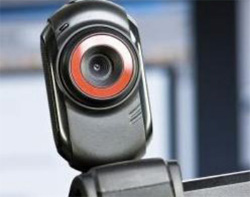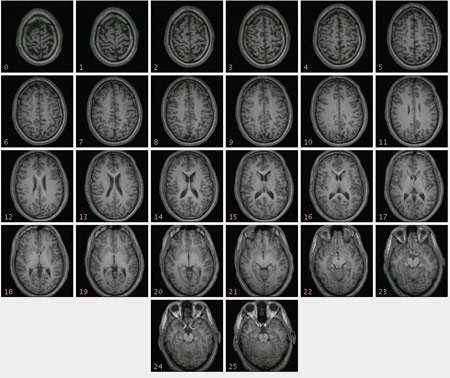Health Analytics
Using data to predict individual health outcomes (also known as health analytics) on the basis of treatments, genomics, lifestyle, and behavioral factors may lead to some of the biggest advances in healthcare.
The University is already a leader in tracking and developing methods to control the spread of infectious diseases and is home to a world center for the collection and analysis of cardiac data.
 Tracking Diseases: Henry Kautz, the Robin and Tim Wentworth Director of the Goergen Institute for Data Science, is data mining social media outlets (such as Twitter) to identify global disease outbreaks in their earliest stages and then track their spread.
Tracking Diseases: Henry Kautz, the Robin and Tim Wentworth Director of the Goergen Institute for Data Science, is data mining social media outlets (such as Twitter) to identify global disease outbreaks in their earliest stages and then track their spread.
 Partnering in Cardiac Care: Biomedical engineer Jean Philippe Couderc uses video technology and webcams to measure subtle variations in skin color that can indicate risk for atrial fibrillation.
Partnering in Cardiac Care: Biomedical engineer Jean Philippe Couderc uses video technology and webcams to measure subtle variations in skin color that can indicate risk for atrial fibrillation.
 Development Disorders in Our DNA: Alex Paciorkowski is a pediatric neurologist and geneticist. He works with children with severe developmental disabilities who suffer from infantile spasms, epilepsy, autism, and other conditions for which a cause is unknown.
Development Disorders in Our DNA: Alex Paciorkowski is a pediatric neurologist and geneticist. He works with children with severe developmental disabilities who suffer from infantile spasms, epilepsy, autism, and other conditions for which a cause is unknown.
 Unlocking the Mysteries of the Brain: Major advances have been made over the last decade in our ability to examine the anatomy and function of the human brain using noninvasive brain imaging, such as functional magnetic resonance imaging (fMRI).
Unlocking the Mysteries of the Brain: Major advances have been made over the last decade in our ability to examine the anatomy and function of the human brain using noninvasive brain imaging, such as functional magnetic resonance imaging (fMRI).
